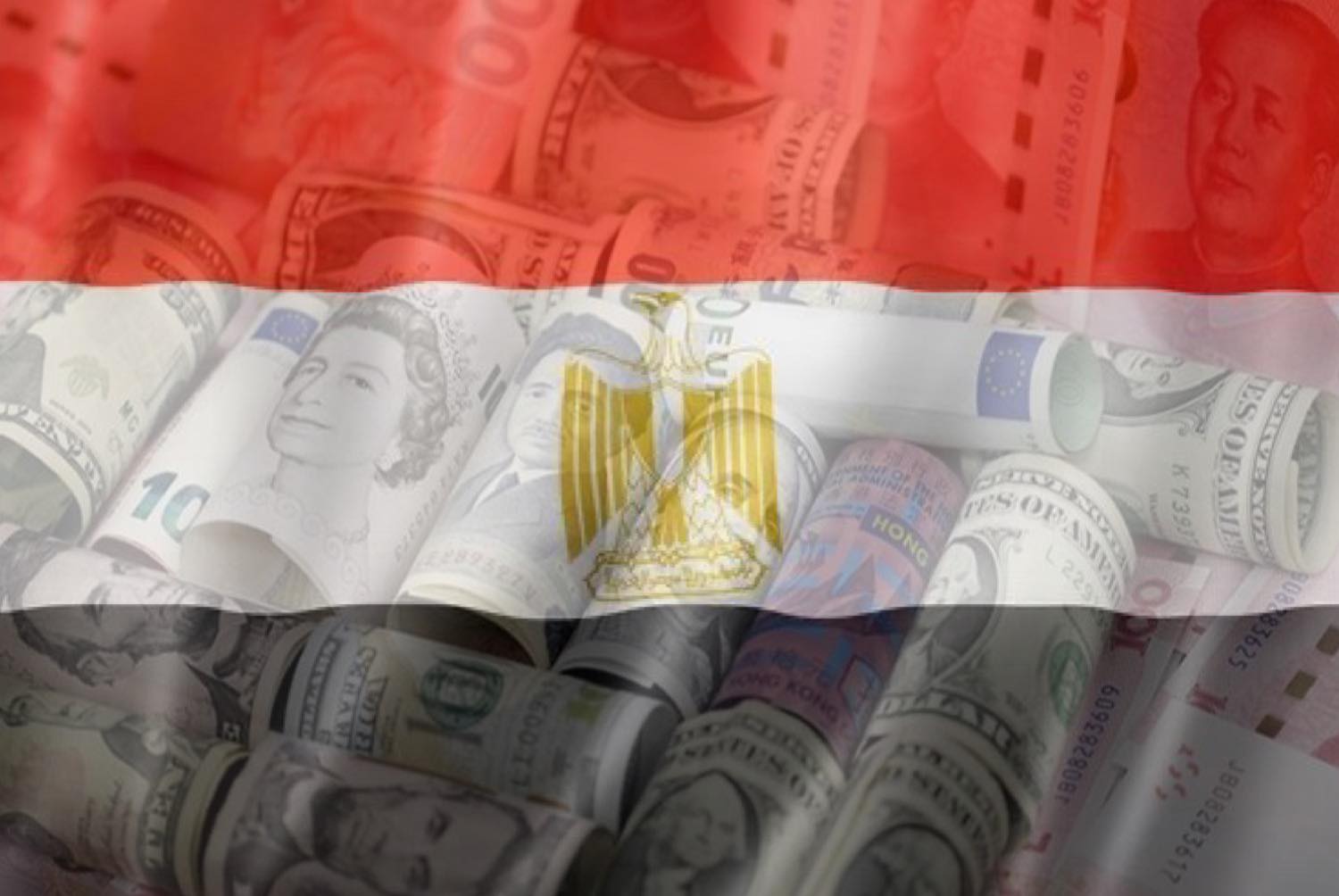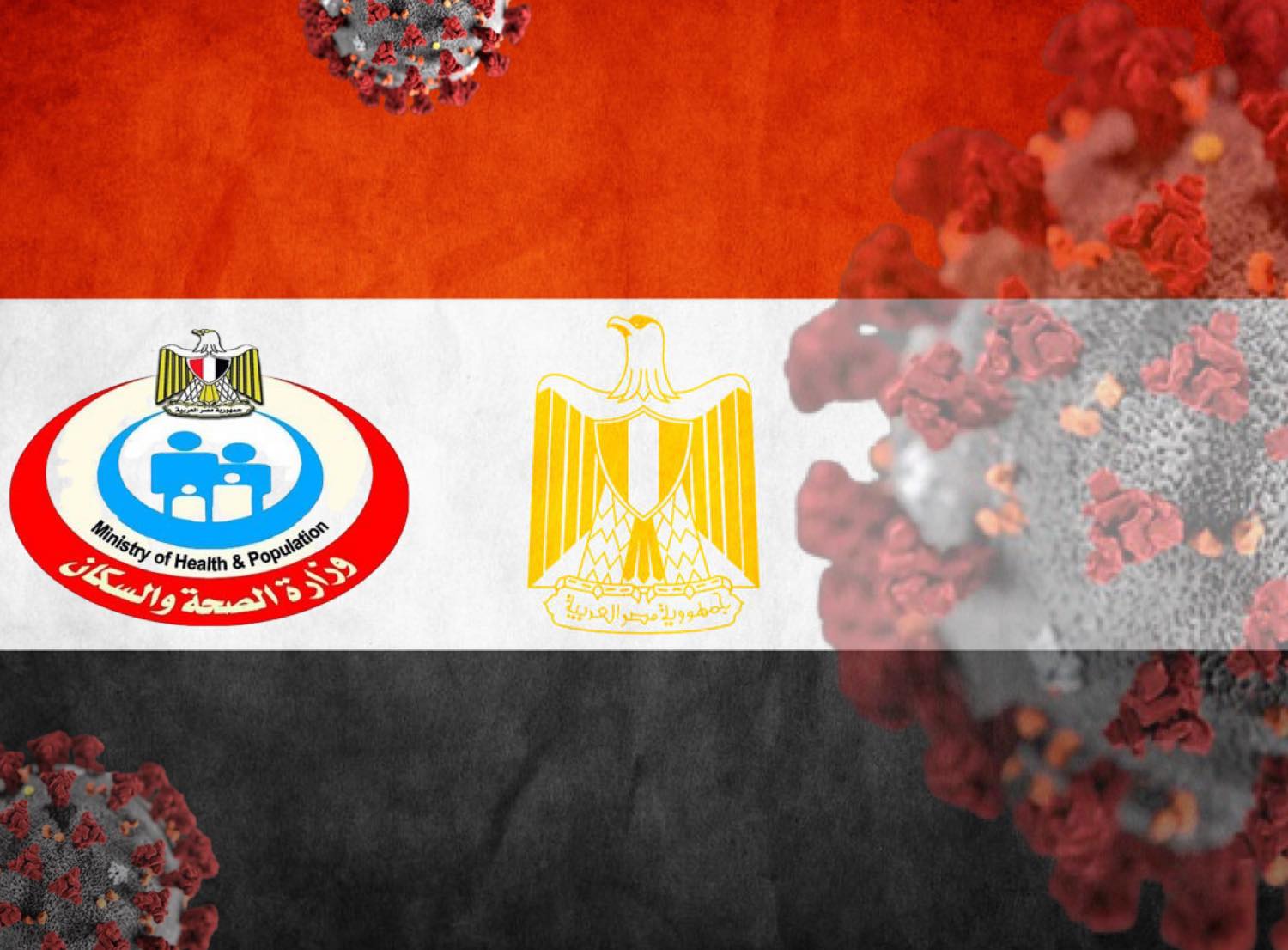Ten years ago, the Muslim Brotherhood stood next to the leftists and the liberals next to the Salafists in Tahrir Square, united by a revolution, which later succeeded in toppling the Hosni Mubarak regime. However, after all these years, the Egyptian opposition is witnessing a setback on several levels, amid efforts to reorganise its ranks again. Hope is renewed with every memory: Could the country witness in 2021 a revival of the revolutionary movement, or will the opposition remain a ‘secret’?
In recent times, serious efforts have emerged towards the inauguration of an inclusive revolutionary umbrella that includes the various revolution actors, after years of division, verbal battles, and mutual accusations of setting back the revolution’s ideals. Perhaps the worst of these disasters was the military coup’s success in 2013, in toppling the first elected civilian president in Egypt, and the societal divisions and deterioration that followed on more than one level. Scenes of reshaping the international and regional reality have reinforced the hopes of the revolution’s partners, especially since the state of division among them does not negate the dream of change and revive a national and inclusive project in confronting the ruling military regime.
Recently, there were calls for the formation of an “expanded coalition,” the most prominent of which was launched by Ibrahim Munir, the Muslim Brotherhood acting mentor who lives outside Egypt for a national lineup that would lead to change. Munir said that the Brotherhood is trying to find an expanded alliance with an agreed project while avoiding the mistakes of before. He stressed that the goals of any potential alliance “are to agree on general lines based on the principle of non-recognition of the existing regime, preserving the peacefulness of the revolution, respect for political and ideological diversity, and respect for popular will.” Munir’s call coincided with other calls from prominent opponents and politicians, including former presidential candidate Ayman Nour and the contractor and actor Muhammad Ali, to whom a large segment of the people responded over the past two years in demonstrating against the regime and calling for al-Sisi’s departure.
During the past years, the Egyptian political situation witnessed several revolutionary escalation efforts, as well as failures and stumbling blocks, which can be monitored in the following points: Before the coup, the sharp division of Egyptian society and political forces resulted in prominent differences, especially between liberal and leftist forces and Islamists, led by the Muslim Brotherhood. During the past seven years, the faithful of the revolution have not got fed up with attempts to gather the diaspora, but most of these endeavors were not successful.
Several factors reinforced the necessity to unify the opposition’s ranks, most notably the increase in human rights and security abuse and the absence of political and partisan activity. National security issues also reinforced this alignment, most notably the violence in Sinai, the Renaissance Dam, and the ceding of the islands of Tiran and Sanafir to Saudi Arabia. These issues have jumped over the various political and ideological differences. While matters appear to be stable on the surface of the al-Sisi regime, the revolutionary waves that move from time to time show great fragility in the structure of his regime, according to observers.
The demonstrations that emerged from the villages last September, after the actor Muhammad Ali called on Egyptians to demonstrate, threatened and seriously worried the regime, pushing it to retreat and delay imposing fines and taxes on citizens, unlike its handling of similar calls in past years with brute force. During the past seven years, the Egyptian opposition has not calmed down. Despite the strong security grip, it formed political alliances that had a prominent role in moving the stagnant waters.
The general character of these alliances was characterised by being based on an ideological basis, such as the National Alliance to Support Legitimacy (mostly Islamic parties and movements) and the Civil Democratic Movement (which included liberal and leftist parties and personalities). Signs of umbrellas emerged withing the opposition, such as the “Egypt is not for sale” campaigns, which opposed the concession of Tiran and Sanafir, in addition to the efforts of the opposition abroad, which led to the formation of divergent alliances, such as the National Accord Document launched by Muhammad Ali, and before it the Brussels Document and the Egyptian Revolutionary Council.
According to former presidential candidate Ayman Nour, a large sector of Egyptians have a growing feeling that the January Revolution has not achieved its primary goals since Mubarak was removed from power. He says that the movement has no date and does not necessarily take place on the anniversary of the revolution or in response to personal, random, or collective calls from the opposition. And he confirms that in light of the many changes at the international level, and in the presence of the new US President Joe Biden’s administration, known for its anti-Sisi positions, and the recent international pressure from parliament and the European Union, the revolution awaits a strong stimulus.
According to Nour, the revolutionary movement is linked to the realisation of its potential on the ground, with the existence of a space of safety in which people can exercise their rights. But he warned that in light of the “black dictatorship” of the al-Sisi regime, the call to leave is a push for people to become martyrs, and it is not unreasonable to push them to it time after time. He stresses that the most important thing for the opposition to call for is the street movement without feeling afraid, stressing that change will inevitably come.
He adds, “But it must be based on a set of foundations, the first of which is that the screening of the upcoming change should not be based on an ideological base between modernists and Islamists or based on generational conflict.” He believes that the solution lies in an alliance of the regime’s victims together, away from ideological hats, historical disagreements, interest groups, and counter-revolutionary forces. Once again, he is calling on all national forces for a true union that meets the demands of the street, prioritises national sovereignty, political stability, structural reform, the consecration of transparency and accountability, and saving the national economy by breaking its monopolistic military character.





Recent Comments